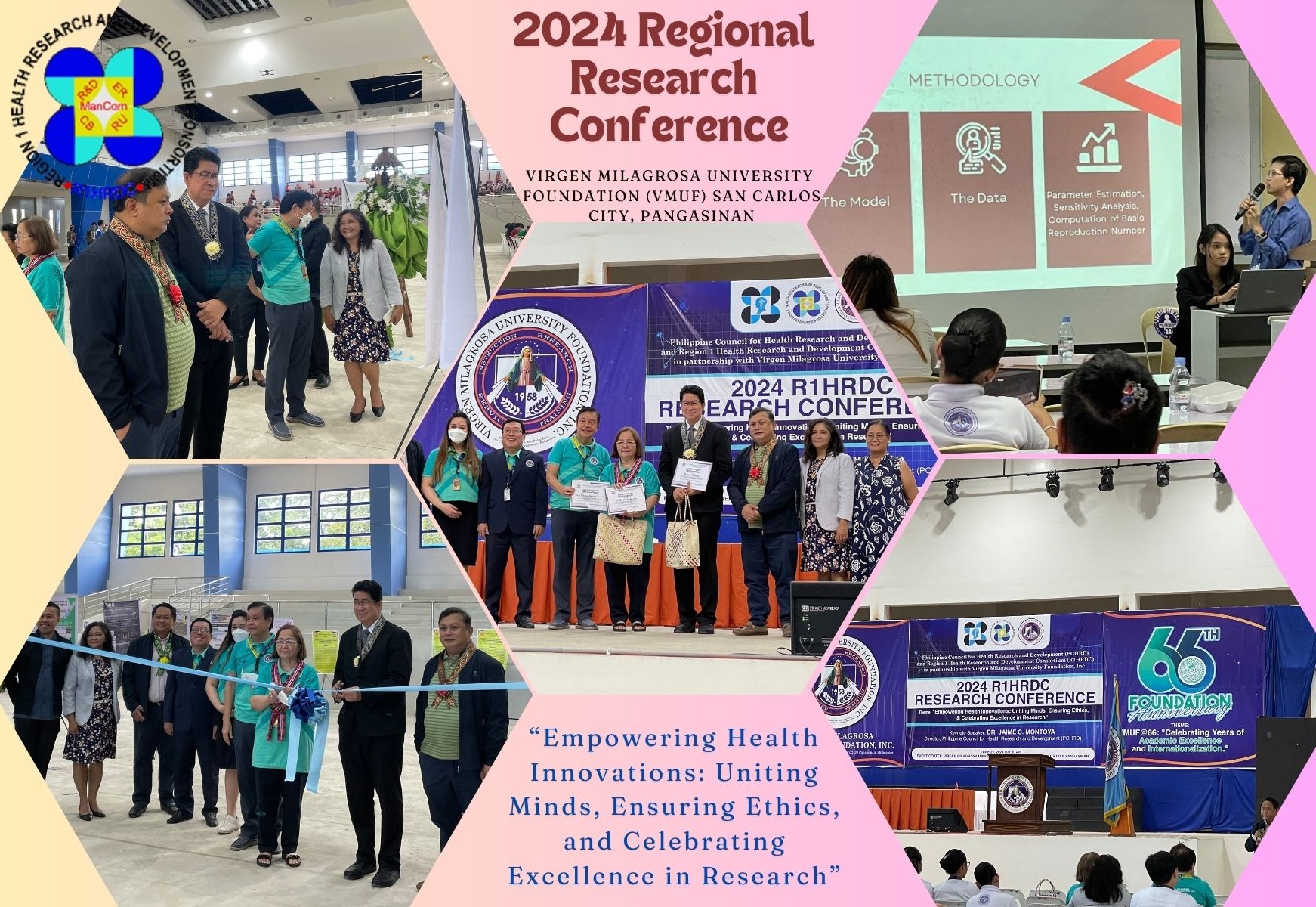Copyright: International Hospital Federation
Sidebar
Research News
Accreditation and culture usually go hand-in-hand in health organisations
"The Association's Deeble Institute has released a Health Policy Research Evidence Brief which aims to assess the value of accreditation to health service organizations. The brief calls for a better understanding of the benefits of accreditation to health services. While it focuses on the way accreditation is implemented in Australian health services, the topic is very relevant for a large number of countries' health systems around the world that have embedded accreditation processes.
The Australian Healthcare and Hospitals Association (AHHA) media release is available at Accreditation and culture usually go hand-in-hand in health organisations.
To view the brief, click on "Assessing the value of accreditation to health systems and organisations".
Source: International Hospital Federation Newsletter
One in four health care facilities lacks basic water services, say WHO and UNICEF

According to a recent report by WHO and UNICEF, one in four health care facilities around the world lacks basic water services, impacting over 2 billion people. Moreover, one in five health care facilities has no sanitation service. These services are crucial to preventing infections, reducing the spread of antimicrobial resistance and providing quality care, particularly for safe childbirth. At the 2019 World Health Assembly to be held in May, governments will debate a resolution on Water, Sanitation and Hygiene in Health Care Facilities which was unanimously approved by the WHO Executive Board earlier this year. Read more.
Source: International Hospital Federation Newsletter, World Health Organization ASEAN-India Research Training Fellowship (AIRTF) for 2019
Source/Copyright: ASEAN-India Science,Technology & Innovation Cooperation
The ASEAN-India Research Training Fellowship (AIRTF) Scheme is a flagship funding program started by Department of Science and Technology (DOST), Government of India under the ASEAN India Science and Technology Development Fund (AISTDF), with Federation of Indian Chambers of Commerce and Industry (FICCI), as their implementation partner to suppport ASEAN young researchers to work at any of the Indian research/academic institution. This prestigious fellowship aims at capacity building of young researchers of ASEAN Member Countries in science and technology and further strengthen the bond between India and ASEAN Member States. This fully funded fellowship is for a period of six months each with financial support for international travel, subsistence allowance, research contigency and domestic travel, etc.
Applications are invited from ASEAN researchers for award of this fellowship for conducting research in Indian institutiom across all areas of science and technology.
Implementation fidelity of a strategy to integrate service delivery: learnings from a transitional care program for individuals with complex needs in Singapore
Implementation fidelity of a strategy to integrate service delivery:
learnings from a transitional care program for individuals with complex needs in Singapore
Abstract Background: To cope with rising demand for healthcare services in Singapore, Regional Health Systems (RHS) comprising of health and social care providers across care settings were set up to integrate service delivery. Tasked with providing care for the western region, in 2012, the National University Health System (NUHS) – RHS developed a transitional care program for elderly patients with complex healthcare needs who consumed high levels of hospital resources. Through needs assessment, development of personalized care plans and care coordination, the program aimed to: (i) improve quality of care, (ii) reduce hospital utilization, and (iii) reduce healthcare-related costs. In this study, recognizing the need for process evaluation in conjunction with outcome evaluation, we aim to evaluate the implementation fidelity of the NUHS-RHS transitional care program to explain the outcomes of the program and to inform further development of (similar) programs.
Social innovation in health: leaving no one behind
Copyright: International Hospital Federation Newsletter, WHO TDR












